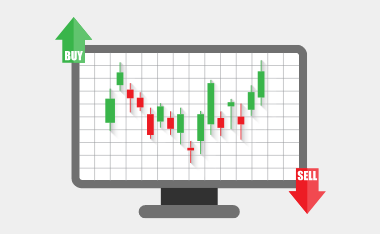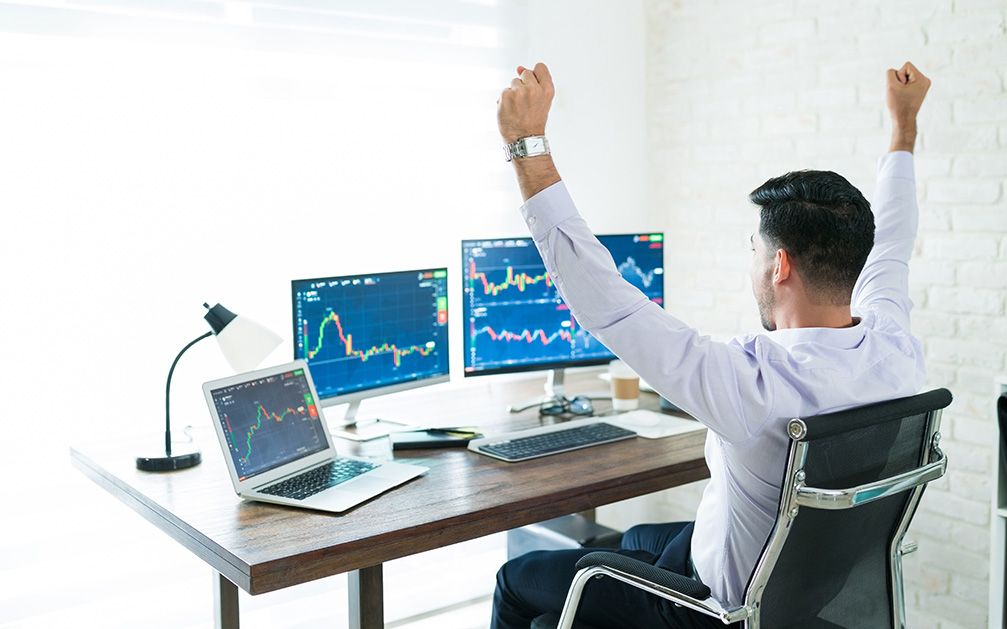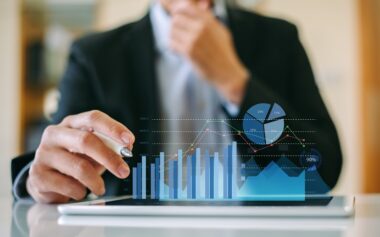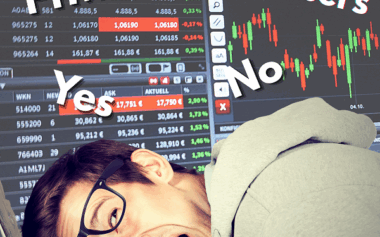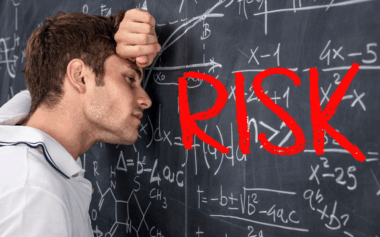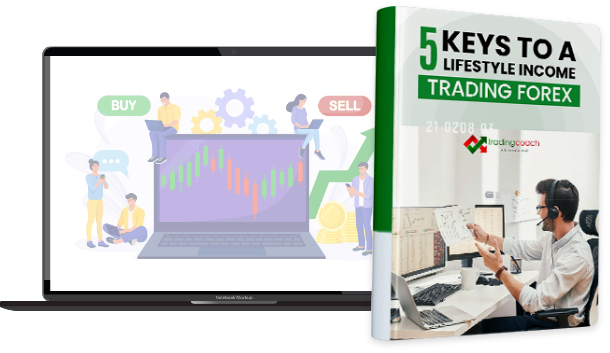3 Ways Education Transforms the Way You See the Forex Market
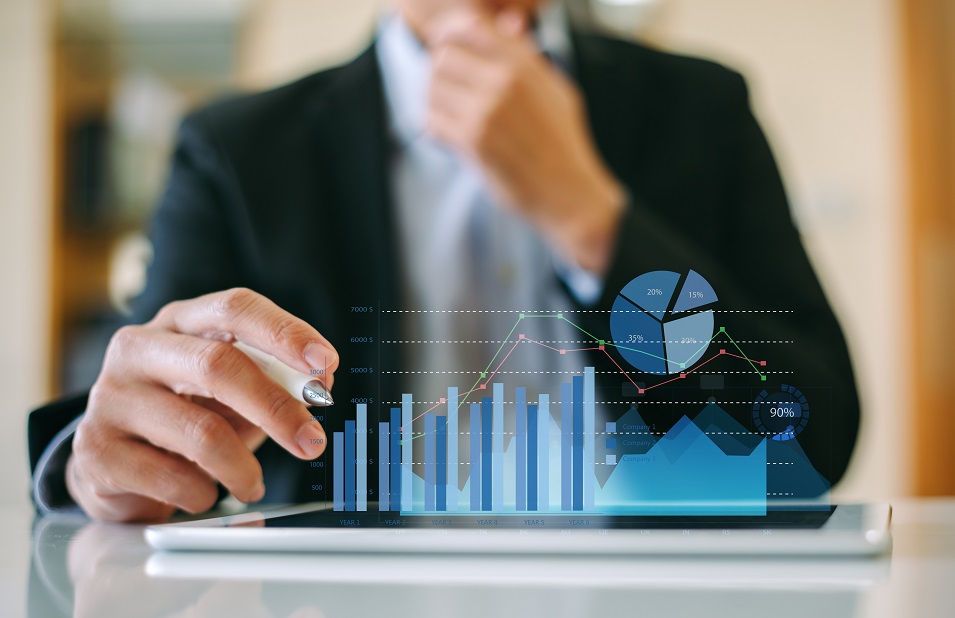
Forex trading is a skill that takes time to master.
The path to success varies greatly depending on how you learn.
Many Australian retail traders start by teaching themselves.
They watch YouTube videos, read forums, and try different strategies.
This approach can work, but it often leads to costly mistakes.
It also causes slow progress and frustration.
On the other hand, traders who invest in structured education and mentorship do better.
They develop a deeper understanding of the market.
They avoid common pitfalls and achieve consistent results faster.
This article explores three key ways that proper education transforms how traders perceive and interact with the forex market.
We’ll compare self-taught traders to those with formal guidance.
We’ll discuss how structured learning accelerates progress.
We’ll also examine how this impacts those trading major currency pairs in the current economic climate.
We’ll explore why having an Australian-based mentor is crucial.
They help navigate local trading rules, leverage restrictions, and the path to becoming a professional trader.
Finally, we’ll see why true one-on-one mentorship outperforms generic group coaching or advice from inexperienced traders.
1. Understanding Market Structure: Seeing Beyond Price Movements
Self-taught traders often focus solely on price charts.
They look for patterns or indicators that signal entry and exit points.
While technical analysis is important, it’s only one piece of the puzzle.
Without a structured education, many traders miss the bigger picture.
They don’t see how economic data, central bank policies, and global events shape currency movements.
Mentored traders, however, learn to interpret market structure from multiple angles.
They understand how liquidity flows, institutional order placement, and macroeconomic trends influence price action.
For example, the Reserve Bank of Australia’s (RBA) interest rate decisions in 2025 will heavily impact the AUD/USD pair.
A self-taught trader might react emotionally to rate hikes or cuts. An educated trader anticipates these moves based on economic forecasts and positioning data.
Additionally, mentored traders learn how to read order flow. They identify key support and resistance levels where big players enter trades. They also distinguish between genuine breakouts and false moves.
This deeper comprehension helps them avoid knee-jerk reactions. Instead, they trade with confidence, knowing why the market behaves a certain way.
2. Developing a Repeatable Strategy Instead of Guessing
One of the biggest challenges for self-taught traders is inconsistency.
They might try scalping one week, swing trading the next, or switch between indicators without a clear plan.
This lack of discipline leads to erratic results and frustration. Without a tested methodology, they often fall into the trap of over-trading or revenge trading after losses.
Structured education teaches traders how to develop a repeatable strategy. It’s tailored to their personality, risk tolerance, and time commitment.
Mentored traders learn how to backtest their approach. They refine their edge and stick to a trading plan—even during losing streaks.
They also understand the importance of journaling trades to identify strengths and weaknesses.
For example, in 2025-2026, geopolitical tensions and shifting commodity prices will create volatility.
A self-taught trader might chase every news headline. A mentored trader follows a predefined strategy—only taking trades that align with their rules.
This disciplined approach eliminates emotional decision-making. It increases long-term profitability.
3. Risk Management: Protecting Capital Like a Professional
The fastest way to blow an account is by ignoring risk management.
Many self-taught traders risk too much per trade, over-leverage, or fail to set stop losses—mistakes that wipe out weeks of gains in seconds.
Without proper risk controls, even a high win rate can lead to ruin if a few bad trades erase all profits.
Education instills the importance of risk management from day one.
Mentored traders learn proper position sizing, how to calculate risk-reward ratios, and why preserving capital is more important than chasing profits.
In the current economic environment—where unexpected events like inflation spikes or sudden RBA policy shifts can trigger sharp moves—risk management is non-negotiable.
For instance, if the US Federal Reserve signals further rate hikes in late 2025, the USD could surge against the AUD.
A self-taught trader might hold onto a losing position hoping for a reversal, while an educated trader exits early, knowing when to cut losses and wait for a better opportunity.
Over time, this disciplined approach compounds into steady growth rather than boom-and-bust cycles.
The Advantage of an Australian-Based Mentor for Local Traders
Trading forex in Australia comes with unique challenges and regulations that differ from other markets.
Retail traders start with a maximum leverage of 30:1 (as per ASIC rules), which limits risk but also means smaller position sizes compared to traders in other jurisdictions.
This restriction can be frustrating for beginners, but it also forces discipline—something an experienced mentor can help navigate.
An Australian-based coach understands the local broker landscape, tax implications (such as forex trading and capital gains tax), and the steps required to qualify as a “Wholesale” or “Professional Trader” (allowing higher leverage).
They can guide traders on:
- Building consistency under retail leverage before upgrading to pro status.
- Meeting ASIC’s criteria for professional trader classification (which requires proof of profitability, trading volume, and financial knowledge).
- Adjusting strategies for AUD pairs, which are heavily influenced by commodity prices and Asian market hours.
Without this local expertise, traders may waste time trying to apply US or European strategies that don’t align with Australian market conditions or regulations.
Why One-on-One Mentorship Beats Group Coaching or Inexperienced Coaches
In the world of forex trading, the quality of education makes all the difference between success and failure.
Many traders fall into the trap of group coaching programs or follow self-proclaimed “gurus” who lack real trading experience.
While these options may seem appealing—especially when marketed with flashy promises—they often lead to disappointment.
The reality is that forex trading is a deeply personal journey, and generic advice rarely translates into real-world success.
The Limitations of Group Coaching
Group coaching programs typically follow a one-size-fits-all approach, delivering the same content to every participant regardless of their skill level, risk tolerance, or trading style.
While these programs may provide some foundational knowledge, they fail to address the individual challenges that traders face.
- Lack of Personalized Feedback – In a group setting, there’s no way for a coach to analyze your specific trades, identify mistakes, or suggest improvements tailored to your strategy. What works for one trader may be disastrous for another.
- No Real Accountability – Without direct oversight, many traders in group programs deviate from their plans, take impulsive trades, or fail to stick to risk management rules.
- Superficial Learning – Group sessions often focus on theory rather than real-world application. Traders may learn concepts but struggle to execute them in live markets.
The Problem with Inexperienced Coaches
Many coaches in the trading education space have little to no actual trading experience.
These individuals often make money by selling courses rather than trading themselves.
- No Proof of Success – A good mentor should have a proven track record, not just theory. If a coach hasn’t made money in different market conditions, how can they guide others?
- Misleading Marketing – Some coaches use fake accounts or selective profit screenshots to look successful. Traders should check a mentor’s credibility before investing in their guidance.
- Lack of Practical Insights – Trading is not just about strategies. It also involves psychology, discipline, and adapting to changing markets. An inexperienced coach can’t provide the depth needed for real challenges.
The Power of One-on-One Mentorship
True mentorship is more than pre-recorded lessons or group webinars. It’s about direct, personalized guidance from someone who has been there before.
Here’s why one-on-one coaching is far superior:
- Customized Strategy Development – A mentor helps you create a trading approach that fits your style, schedule, and risk tolerance. They help you avoid strategies that don’t fit your strengths.
- Real-Time Trade Analysis – You get live feedback on your trades. A mentor can point out mistakes in execution, timing, or risk management that you might miss.
- Psychological Support – Trading is as much about mindset as strategy. A good mentor helps you overcome fear, greed, and overtrading—issues that derail many self-taught traders.
- Faster Progress – A mentor speeds up your learning by steering you away from common pitfalls and reinforcing good habits early.
How to Identify a Genuine Mentor
Not all one-on-one coaching is equal. To find a mentor who can truly help, look for:
- A Proven Track Record – They should have verifiable trading results (not just backtests or demo accounts).
- Transparency – A real mentor will share both wins and losses, showing how they handle drawdowns.
- Teaching Ability – Just because someone is a good trader doesn’t mean they’re a good teacher. Look for mentors who can clearly explain concepts and adapt to your learning style.
The Bottom Line
Forex trading is best learned through direct, hands-on guidance.
While group coaching and inexperienced gurus may offer quick fixes, they rarely lead to lasting success.
One-on-one mentorship, on the other hand, offers the accountability, personalized feedback, and real-world insights needed to thrive in the markets.
If you’re serious about trading, investing in the right mentor could be the difference between years of frustration and a clear path to profitability.
How Education Impacts Traders Focusing on Major Currency Pairs
Major currency pairs like EUR/USD, USD/JPY, and AUD/USD are the most liquid and widely traded in forex.
However, their movements are influenced by different factors—interest rate differentials, economic data, and global risk sentiment.
Self-taught traders often treat all majors the same, not realizing that each pair has unique behaviors.
For example:
- AUD/USD is a commodity-driven pair, heavily influenced by China’s economy (Australia’s largest trade partner) and iron ore prices. In 2025-2026, RBA rate decisions and US Fed policy will also play a major role.
- EUR/USD reacts to Eurozone inflation, ECB policy, and US economic strength. Geopolitical risks (like EU elections or energy crises) can cause sudden volatility.
- USD/JPY is highly sensitive to US Treasury yields and Bank of Japan interventions. Carry trades (borrowing JPY at low rates to invest elsewhere) also impact this pair.
Educated traders learn these nuances and adjust their strategies accordingly.
They don’t trade AUD/USD the same way they trade EUR/USD—they recognize that different pairs require different approaches.
Wrapping Up: Why Education Gives Traders an Edge in 2025-2026
The forex market is always changing. In 2025-2026, we’ll face new challenges like rising inflation and shifting central bank policies.
Self-taught traders who guess or have only bits of knowledge will find it hard to keep up.
But those who invest in education have a big advantage.
They know how the market works, trade with discipline, and manage risks well.
Most importantly, they learn to handle market ups and downs without making emotional decisions.
For Australian traders, having a local mentor is key.
They share insights on ASIC rules, strategies for AUD, and how to become a pro trader.
Unlike group coaching or advice from inexperienced people, real one-on-one mentorship offers tailored growth. It helps traders build lasting skills.
If you’re serious about trading forex in Australia, think about getting a mentor or joining a reliable course.
The right education doesn’t just teach you to trade. It changes how you see the market completely.
Disclaimer
The information, strategies, techniques and approaches discussed in this article are for general information purposes only. The Trading Coach International does not necessarily use, promote nor recommend any strategies discussed in this article. The information in this article may not be suitable for your personal financial circumstances and you should seek independent qualified financial advice before implementing any financial strategy. The Trading Coach International is not a financial advisor and does not have AFS registration.

